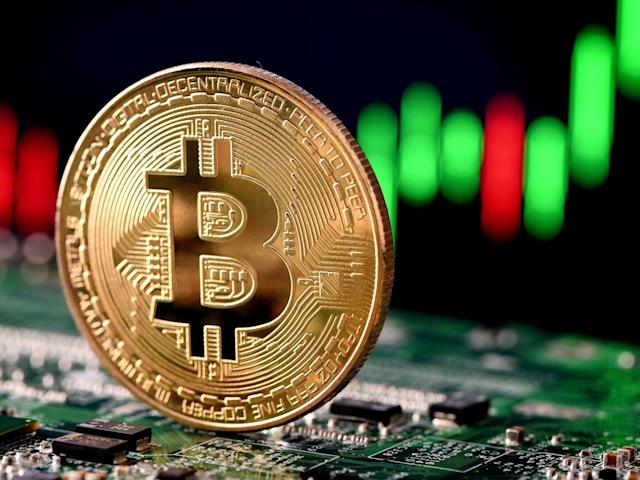Blockchain technology has been around for more than a decade now. What started as a means to buy bitcoin with credit card has evolved into a full-fledged industry spreading across finances, healthcare, supply chain, insurances, and many more.
Since smart contracts were implemented in the technology, blockchain has seen its use cases skyrocket. In this article, we explore some of the basics behind the decentralized blockchain ledger, how it works, and its applications to the supply chain industry.
Consequently, we will take a look at blockchain’s benefits for the food industry. We will delve into detail into VeganCoin, a project that aims to use blockchain to promote veganism and help vegans perpetuate their beliefs and nutrition practices.
Blockchain – how does it work?
Blockchain is a distributed digital ledger of records that contains all of the transactions that have ever occurred on its network. It’s an entirely transparent system, where anyone can consult these transactions. Here’s what the blockchain represents:
- It’s distributed – because there are hundreds, if not thousands, of computers that own an exact copy of the digital ledger. This allows them to hold each other accountable for the integrity of the data on the ledger, making it immutable without proper consensus.
- It’s decentralized – this means that there’s no central governing body that controls a blockchain network. As a consequence, no one can shut it down or create permissions for access.
- It’s fraud-resistant – the assets on the blockchain are represented digitally on the ledger. Consequently, they cannot be duplicated or counterfeit, as the discrepancy would be automatically detected by the other nodes on the network.
Main advantages of blockchain for the food supply chain
With that in mind, blockchain technology offers a wide array of benefits for one industry in particular – the food supply chain. There are many reasons for this, including:
- Improved product visibility – thanks to smart contracts, every product on the blockchain can be tokenized and registered as a transaction. Then, using IoT devices, their status can be automatically updated, allowing the user to track their progress in the supply chain, from the producer to the seller.
- Data immutability and integrity – data falsification can be a big issue in the food supply chain. It can be used to falsify the origin of foods or the way they are produced. With the immutability of the blockchain, the data can be trusted entirely.
- Independence from third parties – blockchain is a peer-to-peer technology, meaning that a third interested party wouldn’t be able to control or modify the data. This allows end consumers to choose from which producer they wish to purchase their food. Additionally, wholesalers will be able to bid on the best products and purchase them through the blockchain.
- Better inventory management – thanks to blockchain technology, wholesalers can effectively organize their inventories regarding expiration dates and seasonal demand from customers. This can lead to avoiding extra costs from spoilage or inventory mismanagement.
VeganCoin – The Vegan Crypto Project
Using the aforementioned properties and benefits of blockchain technology, the VeganCon project aims to help vegans track the origin of their food. The project is an initiative of VeganNation, a community that tries to promote veganism into the mainstream and offers a way for users an easier way to verify the sustainability of the food they consume.
Living a vegan life can be challenging, as discerning which products are cruelty-free can be a daunting task. Rarely do food producers stamp their products as such and it can be difficult for vegans around the world to choose their food in an informed manner.
VeganNation wants to provide an ecosystem where users can check the viability of their food for their veganism beliefs. The VeganCoin cryptocurrency will be used to reward users of the network that leave unbiased reviews on the platform and share their vegan lifestyle experiences.
The idea behind the project is twofold – spread the good word on the vegan lifestyle and promote mass adoption of cryptocurrencies. Finally, the initiative wishes to launch an online shop where users will be able to spend their VeganCoins to buy products that are certified 100% vegan on the blockchain.
Conclusion
Cryptocurrencies have come a long way since the early days when the price of Bitcoin was under a dollar. Thanks to numerous protocol upgrades, they have evolved into an essential asset, that anyone should consider owning in their portfolio. Moreover, the technology behind cryptocurrencies, the blockchain, has also evolved with them.
Today, we can use smart contracts to improve the food supply chain industry and provide a more sustainable process for our food sourcing. Furthermore, thanks to its tracking properties, projects like VeganCoin can provide data to concerned individuals and provide them with peace of mind regarding the origin of their food products.


























